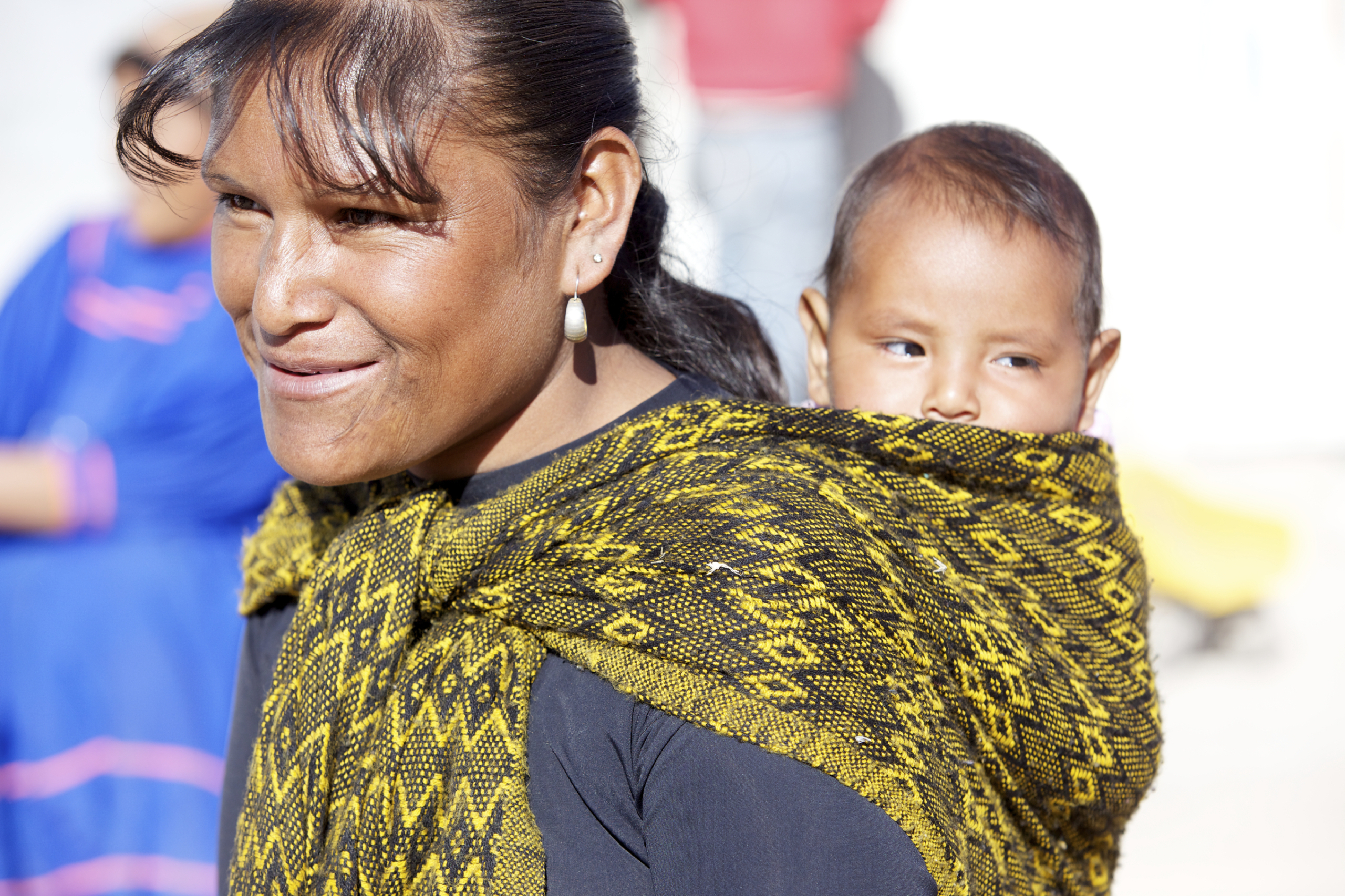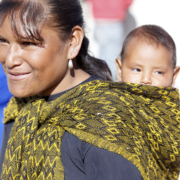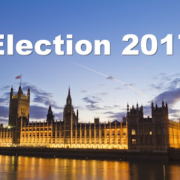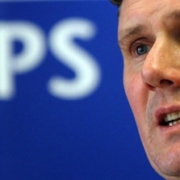UK Government using ‘strategies of concealment’ to hide its imposition of abortion on developing countries
 The UK Government assures us (taxpayers) that any public money given for abortion in developing countries is used in accordance with the receiving nation’s legislation. In a Parliamentary answer the Minister of State for International Development clearly stated that: ‘UK aid cannot be used to fund illegal services’.
The UK Government assures us (taxpayers) that any public money given for abortion in developing countries is used in accordance with the receiving nation’s legislation. In a Parliamentary answer the Minister of State for International Development clearly stated that: ‘UK aid cannot be used to fund illegal services’.
Considering that the UK spends millions in taxpayers’ money on abortion provision via the Department for International Development (DFID) to one of the world’s biggest abortion providers, Marie Stopes International (MSI), this Parliamentary answer is important. Particularly since MSI has been accused of breaking abortion laws in at least three of the countries in which it works.
There is a clear monetary link between DFID and MSI however there is a lack of any transparency from DFID over what UK taxpayers’ money is actually being spent on. Since abortion provision is at the heart of MSI’s work, I found it difficult to be reassured by the Parliamentary answer above when first given. And my suspicions have now been confirmed with the publication of a shocking new paper exposing what is actually happening behind the scenes with DFID funding of abortion in two African countries.
‘Behind the scenes: International NGOs’ (INGO) influence on reproductive health policy in Malawi and South Sudan’ was published in Global Public Health earlier his year. Despite the fairly innocuous title, it contains some pretty damning claims – by academic researchers who are definitely not pro-life – in the report.
The authors were tasked with evaluation of DFID’s funding of £140 million to MSI and the US-based INGO, Ipas. These authors were funded by DFID to evaluate DFID’s work[!], and some of their findings remain unpublished (I come back to this later), yet what they do report is disturbing.
The abstract of the report states that ‘This paper examines how donor-funded international non-governmental organisations (INGOs) have influenced the restrictive policy environments for safe abortion and family planning in South Sudan and Malawi.’
What does this mean in practice?
It means that the UK Government funds MSI and Ipas to work ‘behind the scenes’ and ‘under the radar’ to deliberately change (ie liberalise) Government policies on abortion in South Sudan and Malawi.
‘…the DFID programme exemplifies a trend in which NGOs conduct political advocacy, often on donors’ behalf’ (p556)
‘…their power is often hidden from view…’ (p556)
‘...strategies of concealment are foregrounded within the field of reproductive health…such practices shroud their work in secrecy, which can incite suspicion of their motives and feed foreign-national tensions.’ (p557)
‘In Malawi and South Sudan, Ipas and MSI not only became important technical partners, but also instrumental political participants in ongoing processes to shape or reform national policy environments.’ (p558, emphasis in original)
‘In Malawi, Ipas, working through its country office, became an important participant in a process to reform the country’s restrictive abortion law,’ (p558)
‘[Using DFID funding]…the Ipas country office provided sample laws and background papers to the Special Law Commission and even helped it draft a Termination of Pregnancy (ToP) Bill’ (p559)
‘In Malawi, such a framing sought to shift the debate on abortion away from morality, religion and even rights, which, a COPUA member claimed, is the ‘best way of meeting the pro-life opposition…’ (p559)
‘Although external support and funding clearly played a central part in enabling national policy processes, we observed that such influence and the power it reflects is often hidden from view through various practices of effacement or concealment that downplay foreign agency and attribute it to national or local ownership.‘ (p561)
‘At the top, DFID was discrete about its financial support to its INGO subcontractors’ political advocacy.’ (p561)
‘Although DFID aims to be ‘as transparent as possible,’ it made only a selection of programme documentation publicly available and encouraged little or no public communication about programme aims, citing ‘security risks’. Donors like DFID take advantage of the opaqueness of development structures to achieve discretion around reproductive health programming and particularly policy work’ (p561)
‘…[DFID] working through INGOs with strong national-level alliances helps to avoid accusations of inappropriate or even ‘neo-colonial’ donor interference,’ (p561)
‘the advocacy cannot be seen as coming from outside’ (p561)
‘donors with progressive positions on reproductive rights rely on specialist reproductive health INGOs to front their positions and implement their programmes…‘ (p563)
So why is the UK Government trying to work ‘behind the scenes’ to influence abortion laws in developing countries?
For a start, foreign donors know that foreign funding will be perceived by these recipient countries as ‘neo-colonialist’ and ‘hypocritical’ and they are fully aware of political sensitivities in imposing upon them a ‘Western’ agenda and laws.
Second, foreign donors know that if local people were aware of the pressures from the ‘West’ to impose more abortion on them, they would be strongly opposed, both to liberalising abortion laws and to the opening of more abortion clinics. Sudan and Malawi, along with most African countries, are much more pro-life than the ‘West’ and value the unborn child. The authors acknowledge this: ‘Abortion [is], widely considered sinful and heavily stigmatised in both places’ (p557). Thus, they would resist liberal abortion being imposed on them by a ‘West that knows best’, if they knew.
Foreign donors will argue that a more liberal abortion policy is a necessary part of aid and improving maternal ‘healthcare’.
Putting aside the ethics of such a policy, this argument could only hold from a practical perspective if it could be proven that abortion provision is indeed effective at improving maternal health and mortality.
For that we need evidence and another fascinating paper in the Lancet by the same authors exposes suppression by DFID of findings and analyses of country analyses that are apparently ambivalent about the effectiveness of its maternal aid programmes!
In the recent Lancet paper, the authors claim that ambivalent and negative findings of DFID’s work in 14 countries in African and Asia have been deliberately censored by DFID. Through the paper we read of ‘censorship’, ‘reputation damage’, ‘undermining of research’, instructions ‘to omit findings’, ‘change the tenor of conclusions’, and ‘research obstructed’… by DFID.
The Lancet report states that:
- Research areas and papers commissioned by DFID and funded by the taxpayer remain unpublished
- Academic researchers were put under pressure by DFID to change the tenor of their conclusions, with reputations threatened
- Senior staff at DFID refused a request for help and to support the independence of academic researchers who were funded to evaluate DFID programmes
- Millions is being spent by DFID on work not published and apparently not all effective (quite aside from it being ethically controversial)
- The researchers were not allowed to publish the detailed country analyses, only a ‘condensed summary’. The summary suggests that in Zambia ‘there was no evidence that PMDUP [Prevention of Maternal Deaths from Unwanted Pregnancy] was associated with improved reproductive health outcomes at population level‘ and in India intervention was not needed (‘unsafe abortion was not a major problem, ie weakening the need for intervention‘). However, it is difficult to draw conclusions without more detailed information, which is not published.
It seems to me that there are two overriding concerns here.
One is the complete lack of transparency, integrity and disclosure by a major UK Government department on its own spending and its evaluation of work.
The second is the unethical and neo-colonial imposition of liberal abortion laws and abortion provision on countries that do not want it, done in an underhand way and without any evidence of their effectiveness.
Both need to end.
If we want to be truly effective in facilitating a transition towards low maternal mortality rates in developing countries, it will be through improving women’s literacy, maternal healthcare, water, sanitation, fertility rates and ending violence against women (see here). This is where our taxes should be spent.












Leave a Reply
Want to join the discussion?Feel free to contribute!